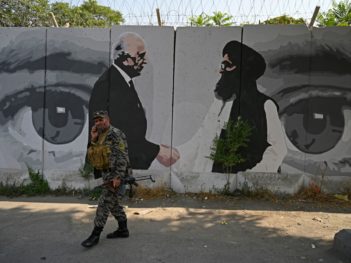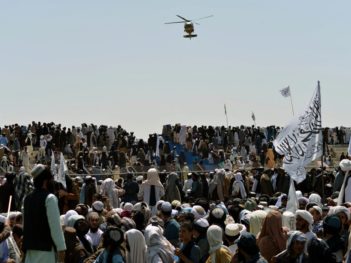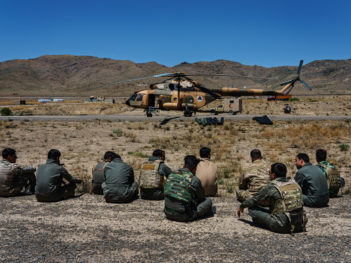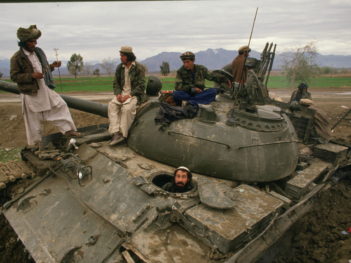
Al Qaeda

Governments Try to Fight Crime via Google Ads
Pervasive use of strategic communications in preventing radicalization has been adopted wholesale by other areas of law enforcement, despite a lack of evidence or understanding of potential harm.

Saudi Arabia’s ‘Afghanistan File’
The closest Prince Turki al-Faisal comes to expressing regret is when he writes that he and his American counterparts might have been too focused on the immediate aim of winning the war in Afghanistan, rather than the potential long-term consequences of their actions.

What the Global War on Terror Really Accomplished
Contrary to how some understand the U.S. withdrawal in Afghanistan, the lesson extremists are taking from the Taliban’s success is not simply that jihad works, but that diplomacy and engagement are a necessary part of the process, which includes reassuring the West about external threats emerging from their areas.

In Second Regime, Both the Taliban and the World Face a New Reality
Afghanistan itself was a sideshow in which money and careers could be made and repatriated. In the meantime, an artificial economy was created there to service birds of passage, from diplomats and aid workers to military officials and outside contractors.

How America Lost Afghanistan
Over its 10 years of aiding the mujahedeen, the U.S. learned nothing about the nuances of Afghanistan’s people, history or culture — a problem that would continue to plague most of our actions for the 20 years the U.S. spent in Afghanistan.

What the CIA Did (and Didn’t Do) in Soviet-Occupied Afghanistan
Western leftists think the CIA created al Qaeda by helping the mujahideen shoot down Russian helicopters. They’re wrong. The CIA program to arm anti-Soviet Afghan mujahideen with Stinger missiles saved lives.

Jailing Jihadists in the West
Western prison systems still struggle to incarcerate notorious jihadists or ideologues. One major case was that of Abu Qatada, dubbed “Osama bin Laden’s right-hand man.”
